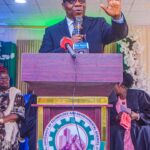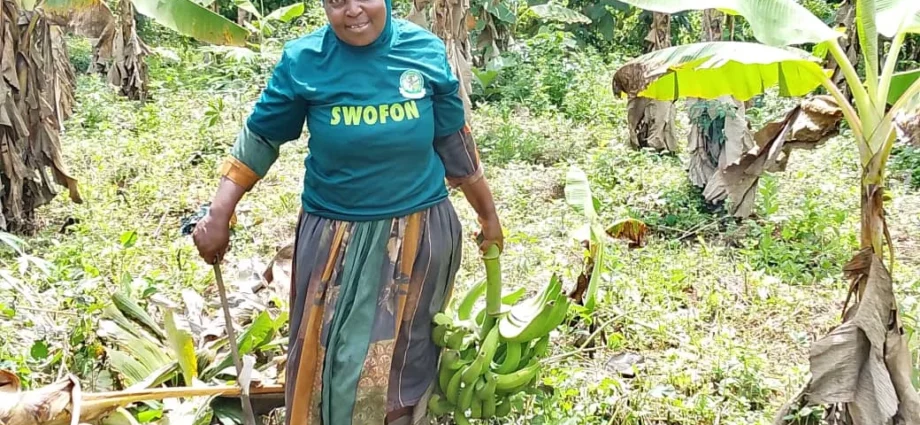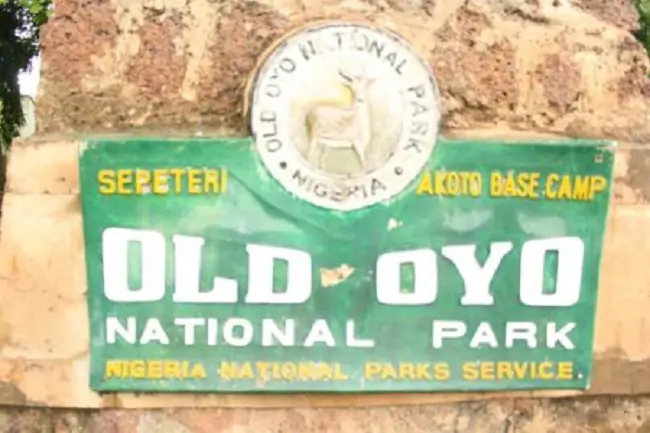Land insecurity, gender bias squeezing Oyo women farmers
By Ibukun Emiola, News Agency of Nigeria (NAN) Across Oyo State, smallholder women farmers—long recognised as the backbone of rural food production—are waging a quiet but debilitating battle to access and retain farmland. An investigation by the News Agency of Nigeria (NAN) reveals that yearly, land leasing, prohibitive landContinue Reading














